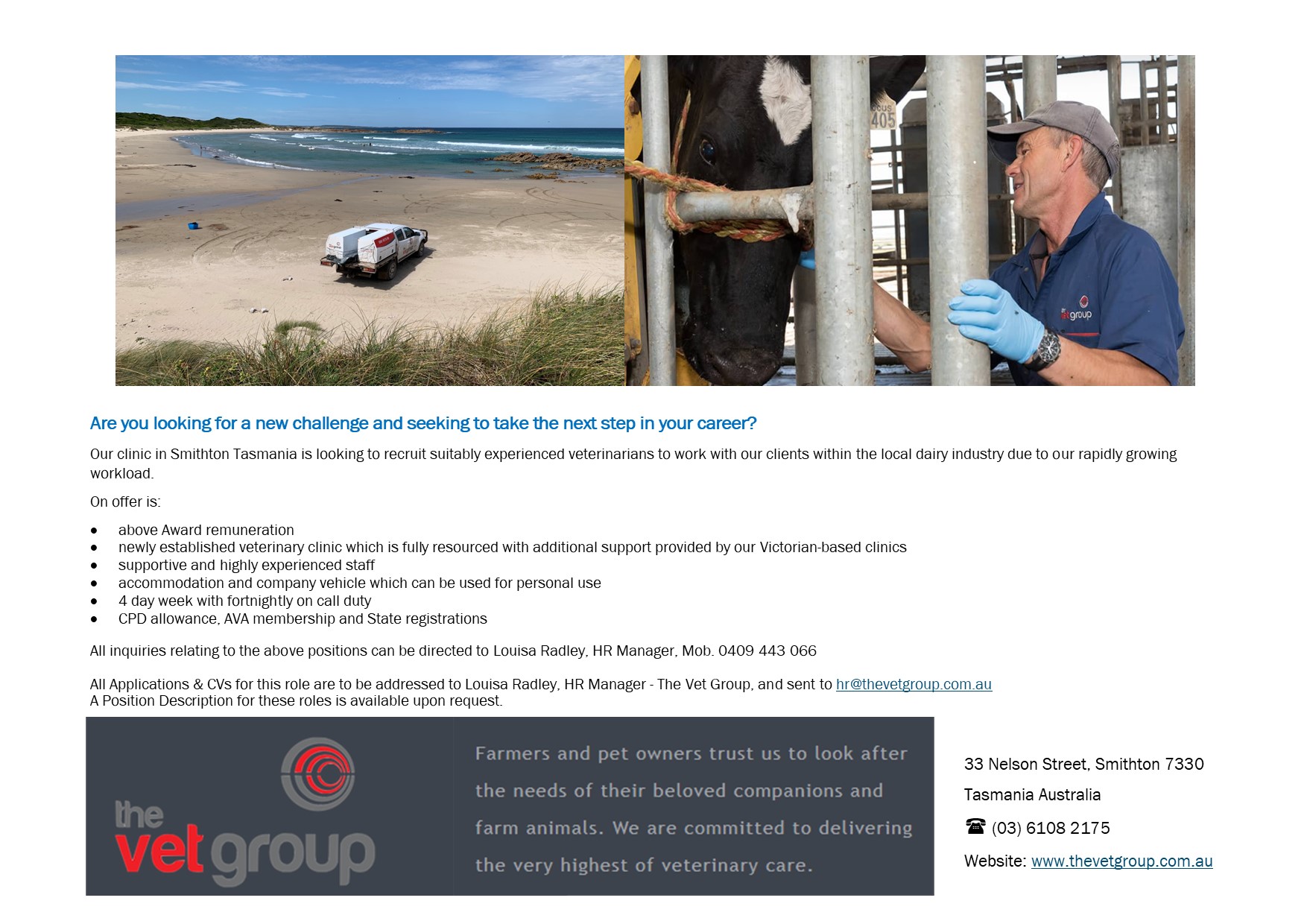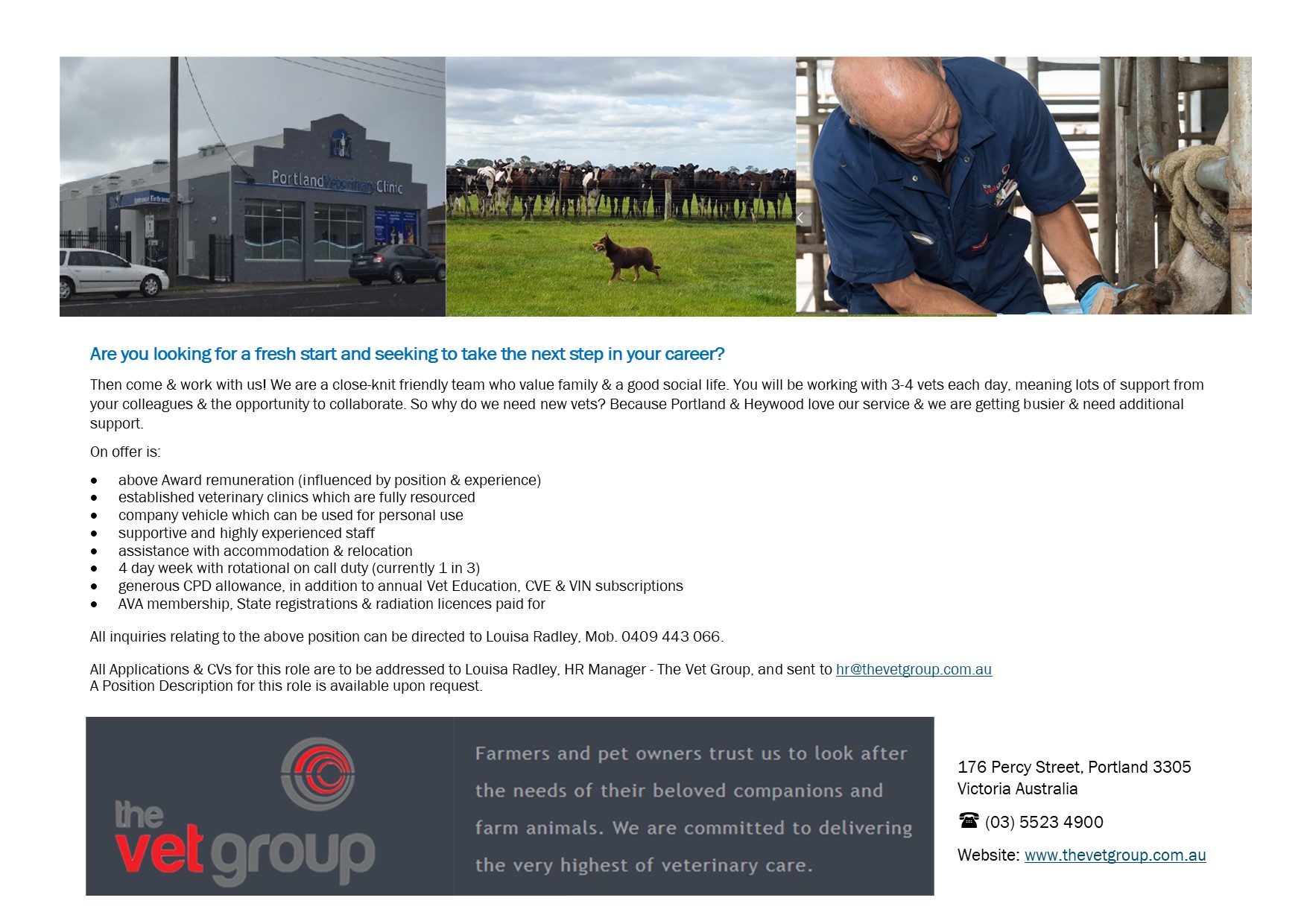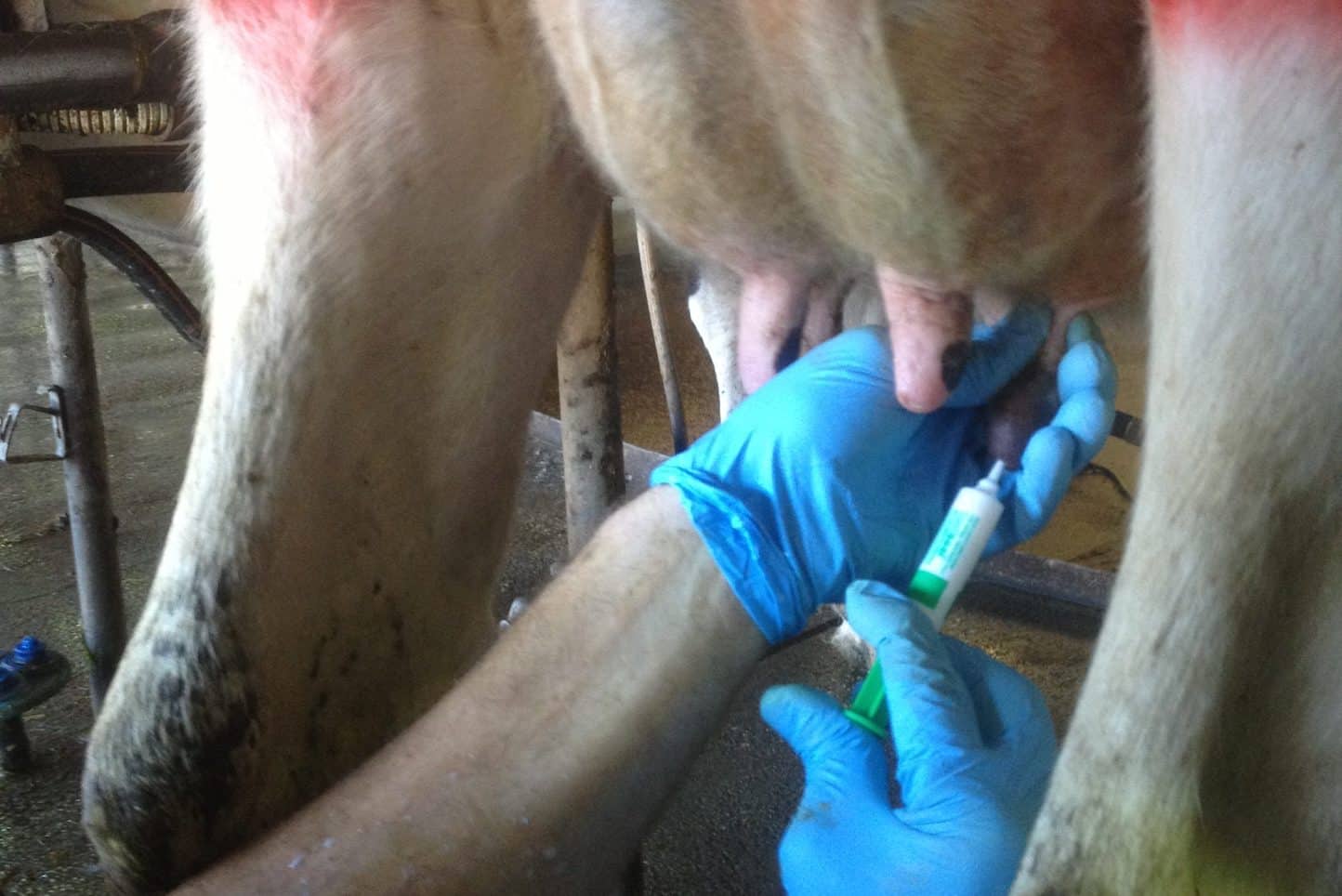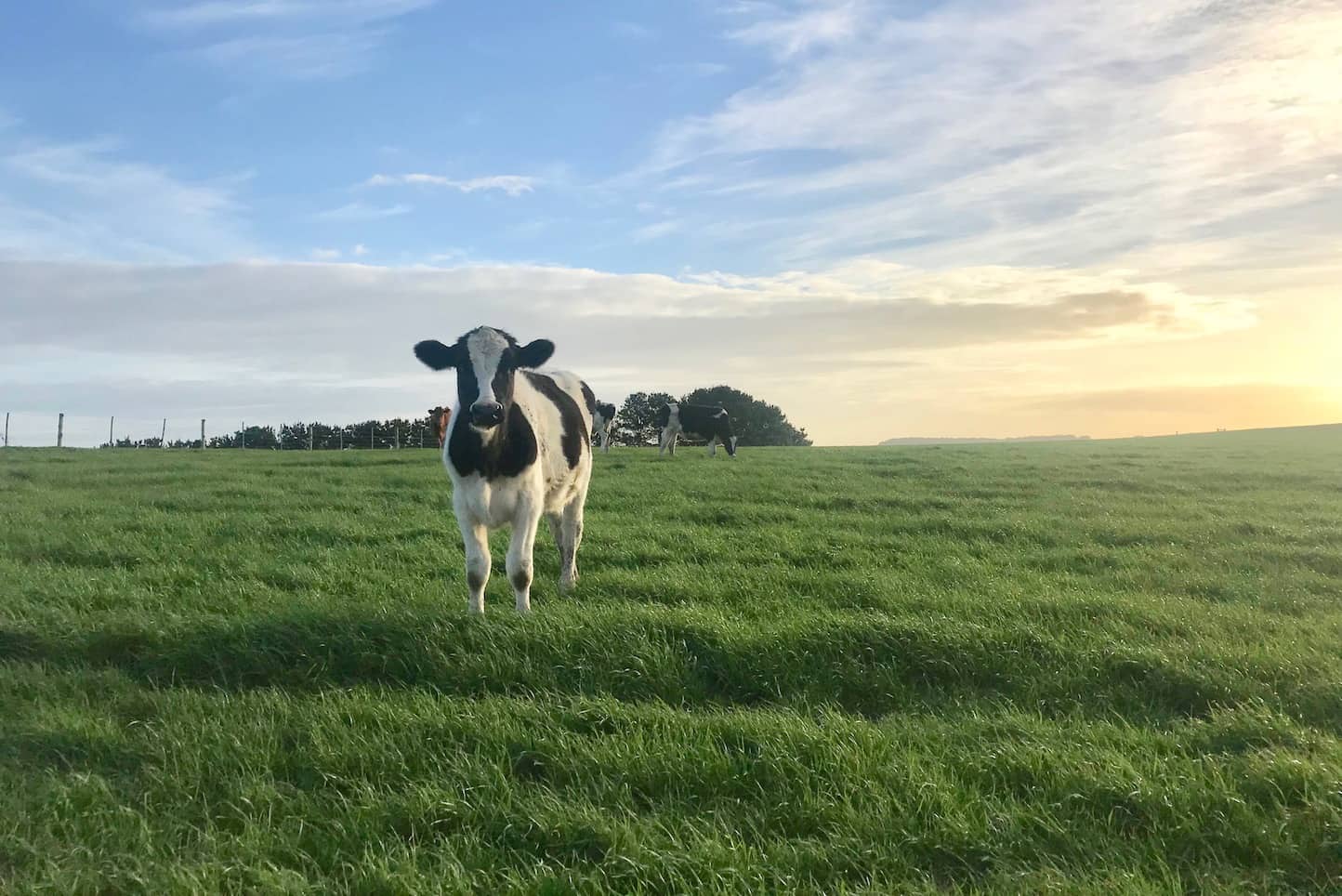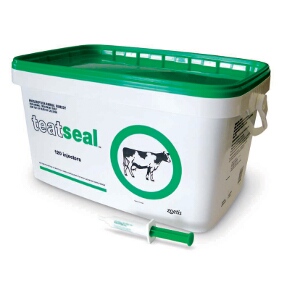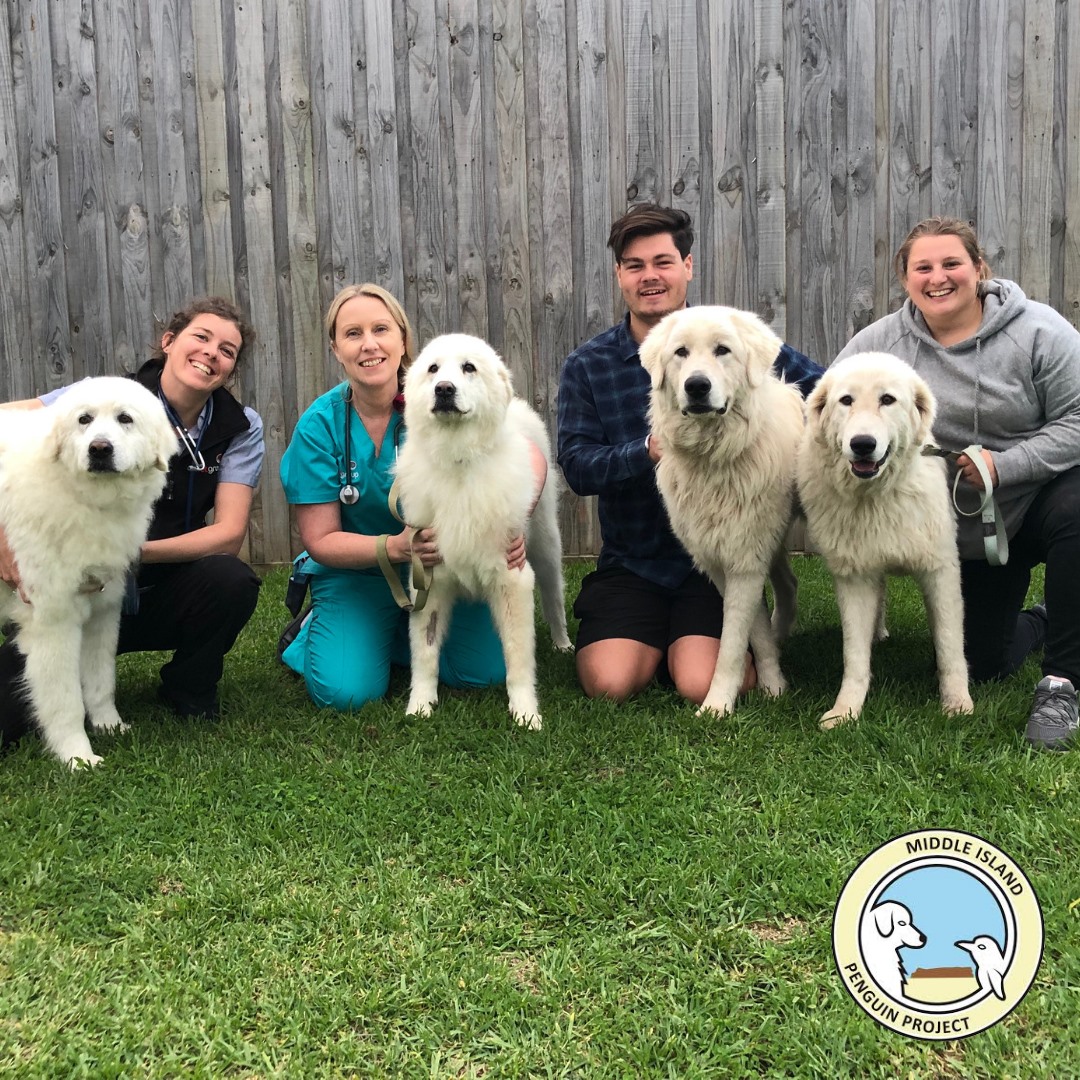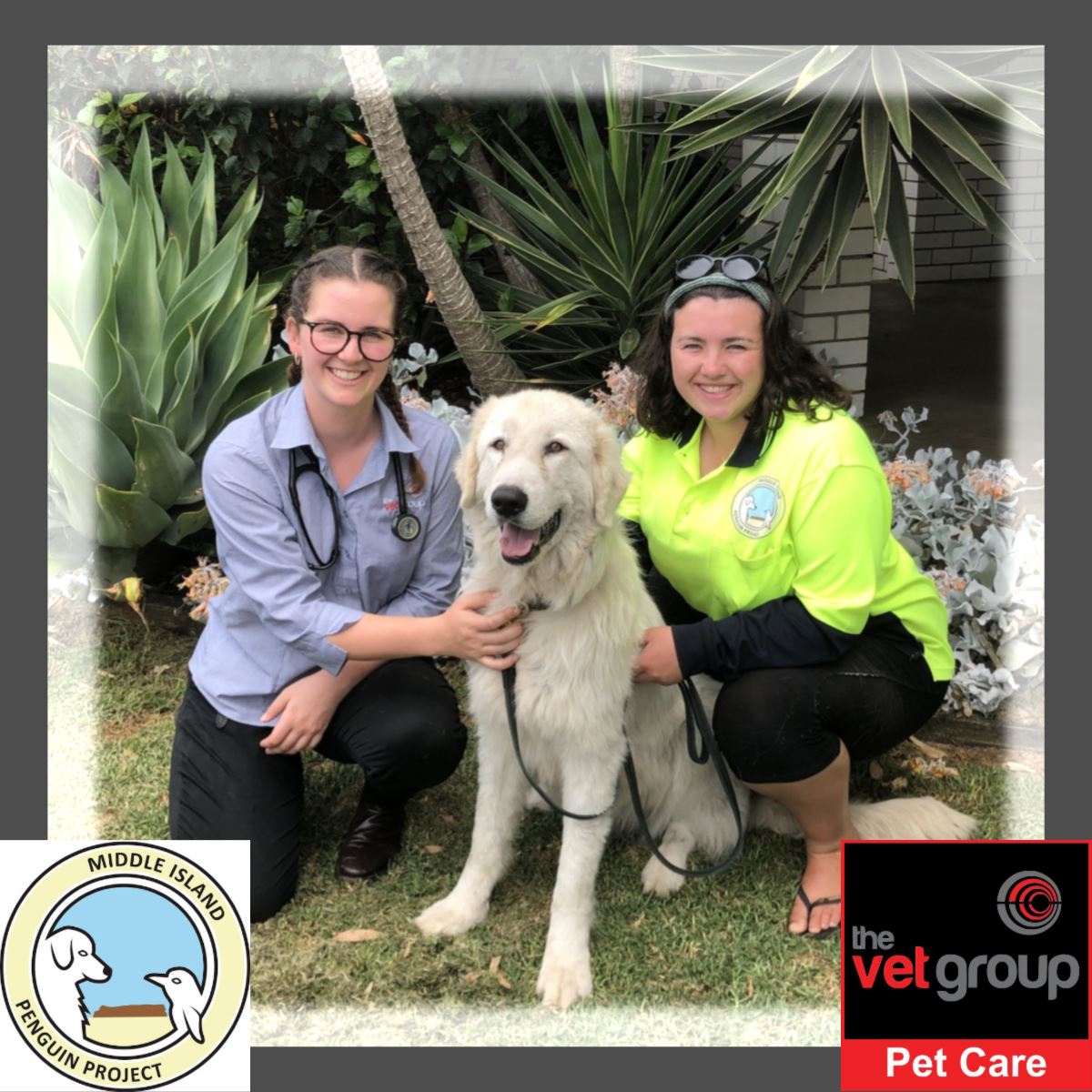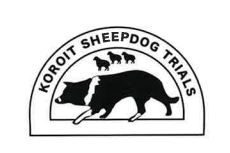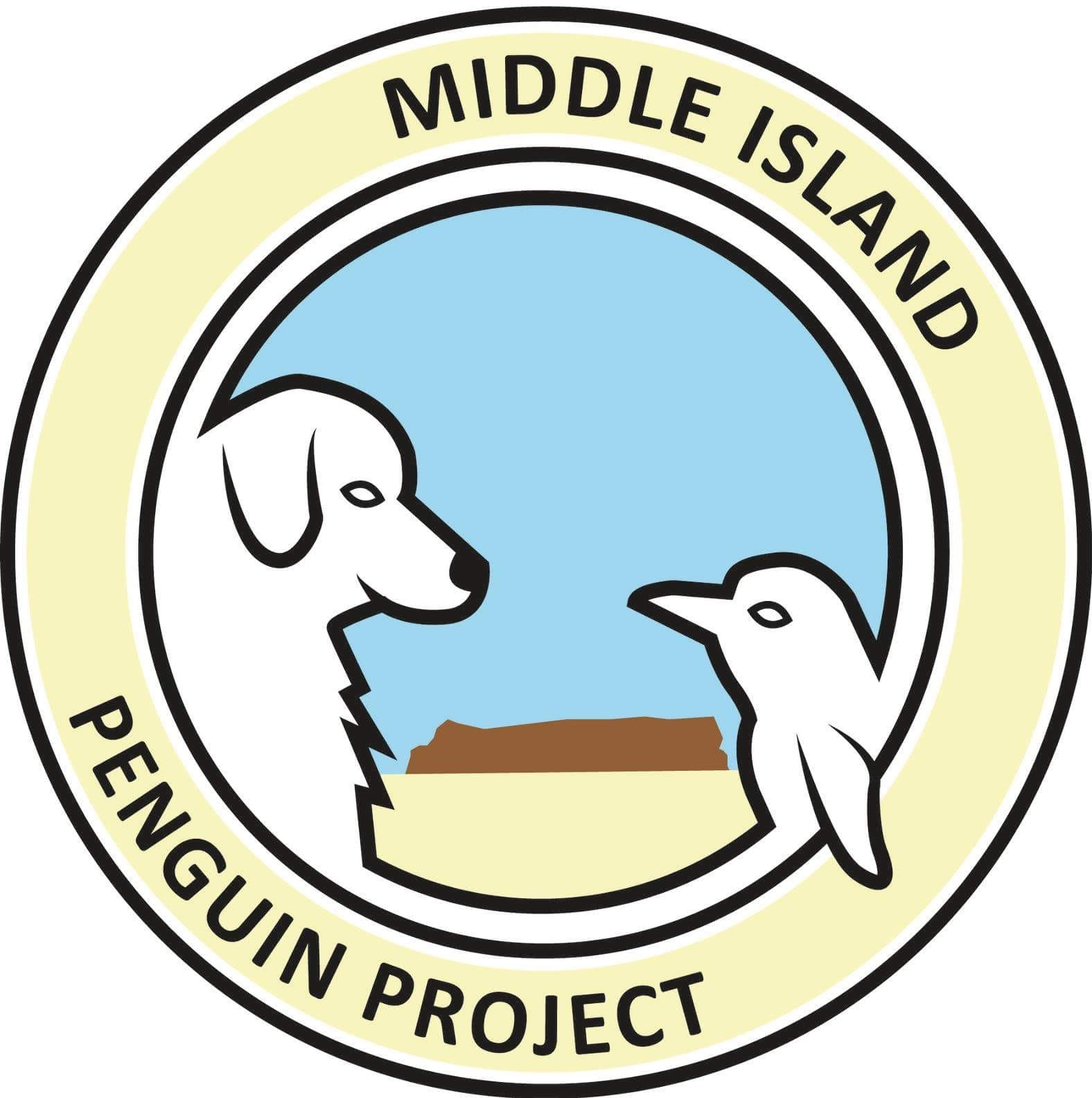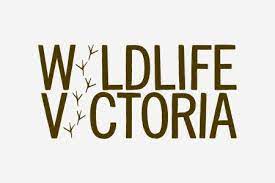
What do we love about living in Australia? The varied landscape, the low population density, the unique animals, sausage sizzles, lamingtons, pavlova, the beaches!
As vets, we also love that we don’t have many significant animal diseases, such as tuberculosis, brucellosis, rabies and foot and mouth disease (also known as FMD). We call these serious diseases “exotic diseases”.
On Monday morning, vets across Australia received an email alert from the Australian Veterinary Association. It said:
“In light of the recent spread of African swine fever [overseas], the Department of Agriculture and Water Resources has increased its border activities. Recently, fragments of the viruses that cause both African swine fever and foot and mouth disease have been detected in illegal foodstuffs seized at the border. Affected material has been destroyed and poses no further threat. However, this highlights the importance of biosecurity measures…in preventing both of these diseases from entering Australia.”
This is an important event to be aware of and we thought we’d explain a bit more.
Foot and mouth disease: what is it?
Foot and mouth disease (FMD) is a serious disease of cattle, buffalo, camels, sheep, goats, deer and pigs (these are animals with cloven hoofs). Clinical signs begin with a fever which is followed by development of fluid-filled blisters between the toes, on the heels, on the mammary gland and on the lips, tongue and hard palate. The blisters end up as raw, painful ulcers that take weeks to heal. These blisters cause severe pain and lameness: animals are unable to walk, and they drool and stop eating. Young animals may die and while it doesn’t generally cause the death of adult animals, the health effects and production losses are severe.
Foot and mouth disease: how does it spread?
Foot and mouth disease is extremely infectious and can spread very quickly. Infected animals excrete the virus in their breath, saliva, mucus, milk and faeces – even before clinical signs appear. Animals can become infected through inhaling, eating or contacting infected material.
The virus not only spreads directly from animal to animal, but also via contaminated footwear, clothing, livestock equipment or vehicle tyres – it even spreads in the wind. The virus can survive for a long time in fresh or partially cooked meat and can also survive pasteurisation of milk.
If FMD entered Australia, the effects would be devastating. An outbreak in the UK almost 20 years ago saw 2000 animals clinically affected (pigs, sheep and cattle), but more than 6 million animals were culled to control the spread of the disease. The damage to farms and and their communities was immense and heartbreaking. This site contains a summary of the outbreak, and some confronting photos of what farmers and others working in the industry faced.
The outbreak of foot and mouth was not just devastating for infected farms. Animals on both affected and neighbouring farms were euthanised and then burnt.

This link provides a harrowing account of one farmer’s experience in the outbreak.
If FMD entered Australia it would have very serious effects on our livestock industries. The economic effects – both immediate and ongoing – are estimated to range from $7 billion for a “small” 3-month outbreak, to $16 billion for a large 12-month outbreak (source).
Australia doesn’t allow imports of any susceptible live animals, semen or uncooked meat or unprocessed dairy products from FMD-affected countries or zones. The highest risk of entry of this disease is in contaminated, illegally imported or brought in animal products, such as meat or dairy. Recent testing of seized declared and non-declared pork jerky, sausages and pork products were found to contain fragments of African swine fever and foot and mouth disease.

[Source]
What can we do to help keep Australia livestock free from exotic diseases like FMD?
- Ensure your family, friends and work colleagues are biosecurity aware!
- Talk to them about diseases like FMD and what effect they could have on our industry.
- Emphasise the importance of NOT bringing risky products back into Australia from overseas. This includes food (such as meat and dairy products) and other animal items such as skins, fur and horns (click here for more information)
- If in doubt about an item, declare it upon entry (in the grand scheme of things, this won’t hold you up at the airport).
- If you suspect an exotic disease in your livestock, immediately call the Emergency Animal Disease Watch Hotline on 1800 675 888. In fact, get out your phone right now and enter the number in.

